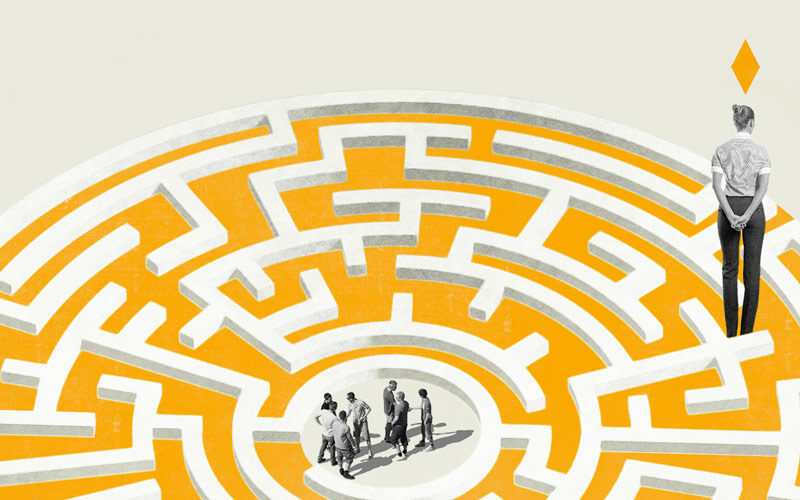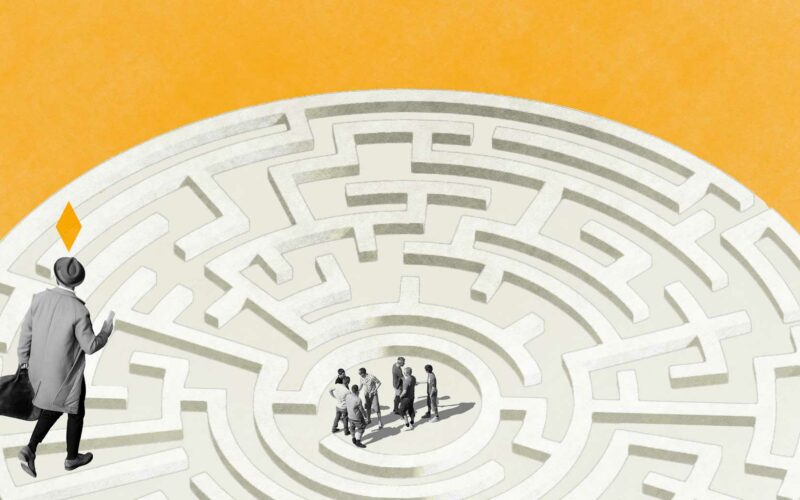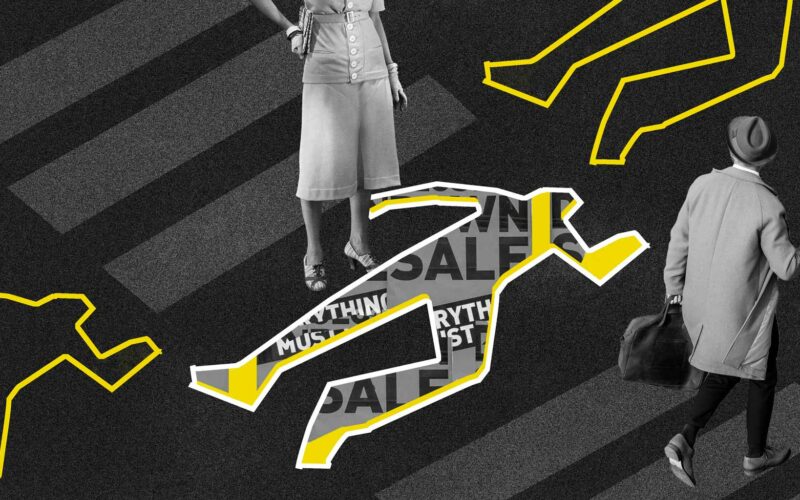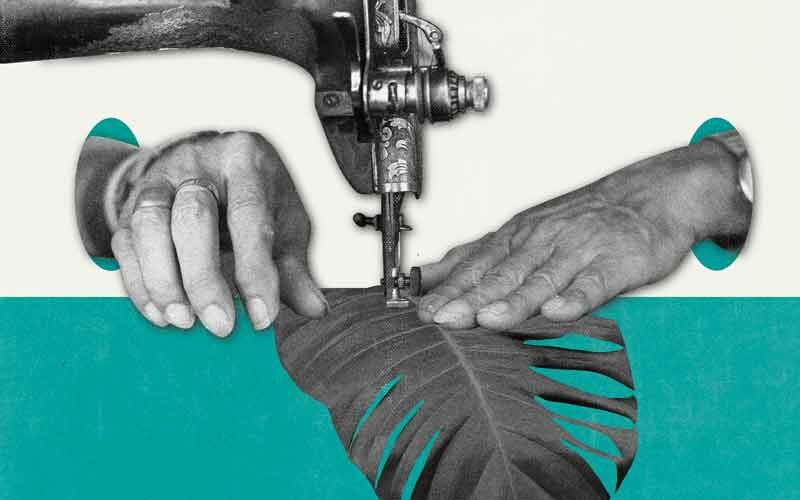It’s a rare day that the Australian property market doesn’t hit the news. It’s an even rarer day it hits the news because of a drop.
This July, house prices fell 1.8% on the previous month in Sydney, 1.1% in Melbourne, and 0.7% in Brisbane. After an excruciating (for buyers) 35% rise in property prices across Australia since 2020, are the tables finally turning?
The banks think so. Back in April, IBISWorld forecasted a value drop of 5% based on increasing interest rates and rising living costs. Earlier this month, Deutsche Bank predicted further value drops of 15% by the end of 2023.
Is this a light at the end of the tunnel for generation(s) rent? Or is it yet another cruel dip of the hockey stick before it resumes its rocketing ascent?
In Part 1 of this two-part series, we deconstructed the dismaying story of Australian self-startership. We came 61st out of 63 countries for ‘entrepreneurship’ in the annual IMD World Competitiveness Yearbook. In global competitiveness, we’re lingering at 19 out of 63 – better, but way behind several nations we consider economic equals.
The numbers are both damning and baffling considering our wealth, education, and the potential our homegrown unicorns like Canva and Atlassian have proven.
It’s arguable that a whole generation of potential inventors, innovators, and investment-seekers has been desperately focused on keeping their heads above the water, staying in standard employment for a stab at buying a home. Countless startups were simply never started. Innovations were never innovated.
Is the relentless pace of the property market to blame for our 61st place on the world stage?
Is there hope in the housing drop?
We’re seeing an apparent turning of the tides in Australia’s major cities. Could this be the day millennials – rapidly approaching their 40s and grey at the temples from the interminable wait – get their chance at home ownership? Could they – dare we dream – settle down in a modest 2-bed with a reasonable monthly mortgage payment? Could they finally turn their attention to starting their own companies and pursuing their dreams?
The problem with these small price-drop wins is that in Australia, they tend to be a) rare and b) short lived.
Since 1971, we’ve only seen 6 year-ends where housing market growth has been in the negative. During these years, the negatives were in the region of -3%, where the peaks hovered around 12%. The market always catches up, and then some.
It’s been a period of prolonged and exploded growth where the eldest of Gen Z through to some of the younger members of Gen X have grown up without a hope in hell of buying a humble semi in an average Brisbane suburb.
These are not just financial concerns. This isn’t investor FOMO or the greed of aspiring portfolio landlords. Housing insecurity affects everything in our lives – job choices, where people settle (or are forced to relocate to), relationships, community resources, mental health.
With our brightest minds occupied with scrimping and saving, Australia’s failure to provide housing opportunity to our working generations has come at an extortionate cost.
A question of premises
A lot of things can be done on a laptop these days, but building physical products isn’t one of them. Startups need labs, offices, meeting rooms – and sheds and garages usually make good substitutes in the early days.
Conducting research or product testing out of a rented apartment is simply not possible for many. The lack of an owned home – let alone one with enough land for an outbuilding – means potential founders simply don’t have the premises.
A forced choice
In some parts of the UK, you can scrape together £20,000 (around AUD $35,000) and you’ve got a deposit for a decent house.
The average house price is £278,000 or AUD $483,144. There are Shared Ownership and Help to Buy programmes, First Time Buyer incentives, 95% mortgages, ISAs and LISAs to help you. £20k won’t get you an apartment in central London, but there are many commutable areas to big cities where you can make home ownership work.
In the USA, the average house price has just hit an all-time high of USD $400,000, or AUD $576,041.
In Australia, the average house price is AUD $752,110. In capital cities, where there would be the most opportunity for both employees and entrepreneurs, it’s $937,101.
Raising a 10% deposit requires the average Australian buyer to save double the average UK buyer. What takes a UK buyer 5 years will take an Aussie buyer 10. And time is not unlimited when it comes to entrepreneurship.
It’s a huge gamble for Australians. Even if they have $100k to put into a startup, it might be the only $100k they ever have. Losing it to a bankrupt business could be farewell forever to their once chance at owning a home.
If they prioritise buying a home and then start saving again from scratch, they may be well into their 40s or 50s by the time they’re able to bootstrap a business. This isn’t necessarily a problem – the average founder age is 34 in Australia and 39 in the US. There are many successful “oldtrepreneurs” and founding fathers.
But just because it can be done, it doesn’t mean it’s likely. Having a family makes those long hours, late nights, and international investor meeting trips much harder. There’s more to lose. And many potentially brilliant business leaders just have less energy than they did in their 20s.
Pinning our lack of entrepreneurship on the property market is certainly convenient. But there’s a fly in the ointment here.
Average prices in Silicon Valley and Tel Aviv – the startups hub of the world – are both over USD $1 million (almost AUD $1.5 million).
Monocausotaxophilia
A delightful term meaning the love or obsession for a single reason or solution for everything, monocausotaxophilia is a trap we often fall into when looking to apportion blame.
To put sole blame on the stampeding wildebeest-like nature of our property market is a classic example. There is always more than one factor. Often, there are hundreds.
Homegrown entrepreneurs do face significant barriers. Yes, the volatile housing market is holding us back. But other cities are managing. Yes, there are other economic forces like higher tax rates, more tax on wages than capital gains, and a dearth of incentives for startups. But it’s more about our cultural narrative.
As the ‘lucky country’, we inhabit a broad comfort zone. We tend to wait for opportunity to come to us. But as resources run dry and the way the world is powered changes, we are already seeing the effects of this lethargy. We are already getting left behind.
We’re relatively well-off in terms of our ability to fund seed stage companies. More of this funding can help foster the ecosystem we’re looking to elevate.
We need to change our collective perceptions to embrace innovation and lead the country towards a knowledge economy. We need a little chutzpah.










